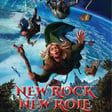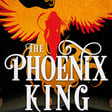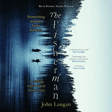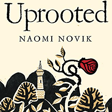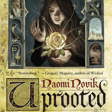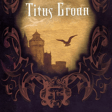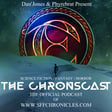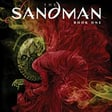
Klara And The Sun with Jo Zebedee
We're joined on this episode by Jo Zebedee, author of several novels, including the Abendau space opera trilogy, the dystopian Inish Carraig and the Irish fantasy Waters And The Wild. Jo talks to us about Klara And The Sun, Kazuo Ishiguro's 2020 novel about a sickly young girl who purchases a robotic "Artificial Friend" called Klara. Klara sets about trying to heal her human owner by using some very strange logic. Jo talks with us about how the book, despite being told from a robot's POV, shows us how to live the most human of lives. We also touch on themes of science vs engineering, the human heart, and whether the book is really the dystopian fiction that it's marketed as.
Jo also talks with us about her new novel The Wildest Hunt, published by Inspired Quill, and about her own body of work. We touch on male and female lead characters, the strong Northern Irish element running through her books, and the difficulties of writing as a career, and what we can do to mitigate that.
We'll also stop by at The Judge's Corner to take a bite into the meaty topic of Food and the Law, we'll hear a reading of Little Match(maker) Girl, Peter V's winning entry from the January 75-word writing challenge, and get critical new information about the Jupiterian invasion of Slish Wood.
Further Reading
Service With A Smile in Klara And The Sun
The End Of All Things by Juliana Spink Mills - Kraxon Magazine's story of the year for 2021
Index
[00:00 - 43:21] Jo Zebedee Interview Part 1
[43:22 - 44:20] Voicemail #1
[44:20 - 57:16] The Judge's Corner
[57:22 - 58:13] Voicemail #2
[58:13 - 59:42] Writing Challenge Winners
[59:47 - 1:00:43] Voicemail #3
[1:00:47 - 1:38:44] Jo Zebedee Interview Part 2
And join us next month, when we'll be discussing the classic horror-comedy film An American Werewolf In London with the writer and podcaster Richard Sheppard.



